Chia Seeds Safety: Who Should Be Careful
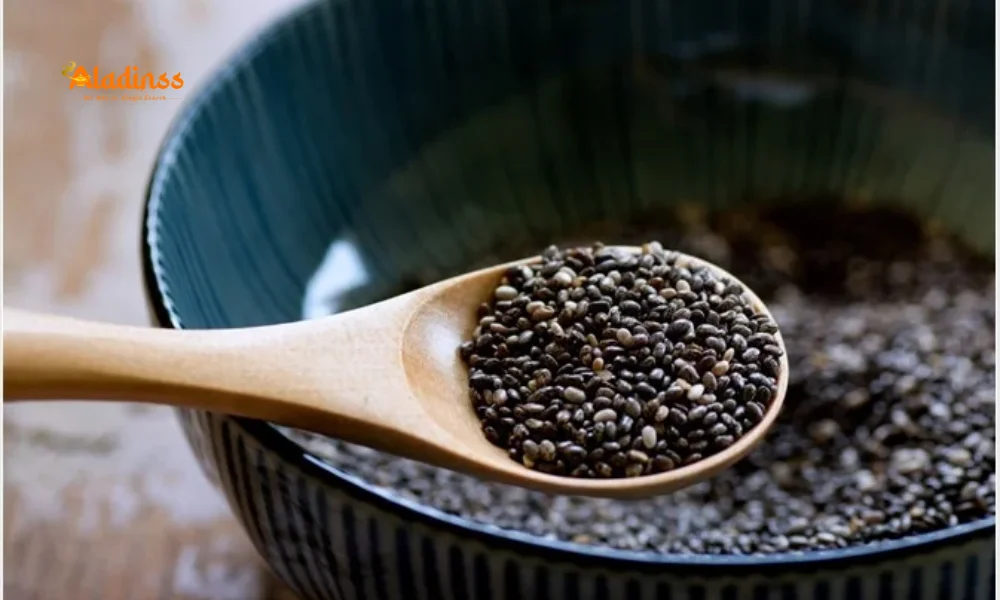
Are Chia Seeds Safe for You? 4 Types of People Who Should Be Careful in 2025
Chia seeds have surged in popularity as a superfood in 2025, celebrated for their nutrient-dense profile, including fiber, protein, omega-3 fatty acids, and antioxidants. With Google searches for "chia seeds benefits" and hashtags like #SuperfoodTrends trending on X, these tiny seeds are a staple in smoothies, puddings, and salads worldwide. Research from Harvard Health and the International Journal of Yoga highlights their benefits, such as supporting weight management, reducing inflammation, and promoting heart health. However, while chia seeds are generally safe for most, certain individuals need to exercise caution due to potential health risks. This article explores four groups who should be careful with chia seed consumption and offers practical tips for safe incorporation into a balanced diet.
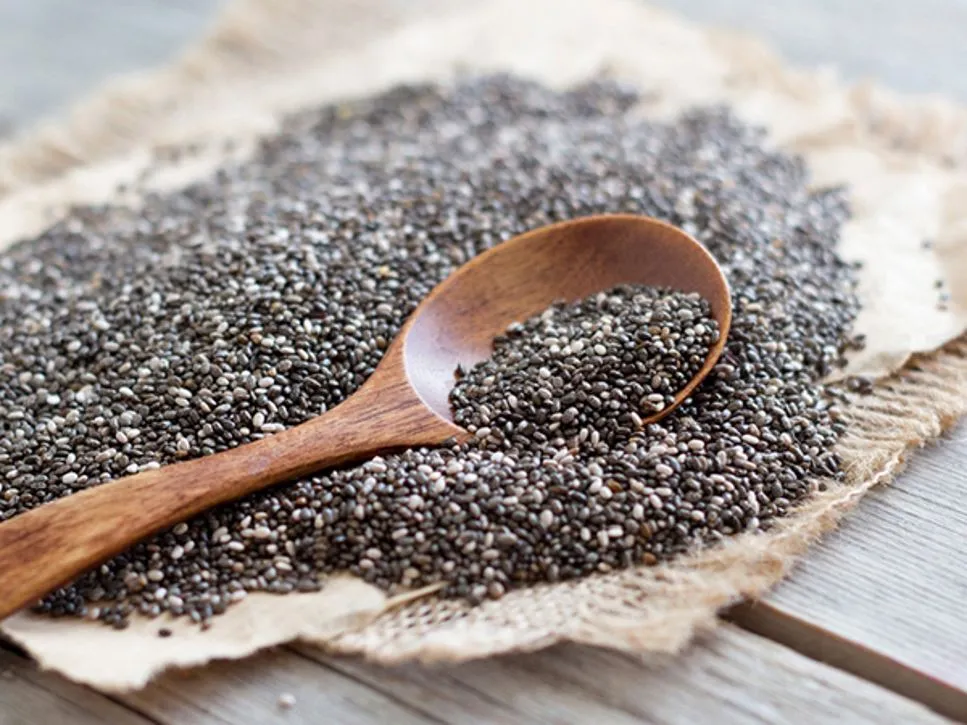
Why Chia Seeds Are a Superfood Sensation in 2025
Chia seeds, derived from the Salvia hispanica plant, have been a dietary staple since ancient Mayan and Aztec cultures. Today, their versatility and health benefits make them a go-to for health-conscious individuals. A single ounce (28 grams) of chia seeds contains approximately 10 grams of fiber, 5 grams of protein, and essential nutrients like calcium, magnesium, and iron. Studies, such as one published in Nutrition Research and Practice, show that chia seeds can stabilize blood sugar, reduce cholesterol, and support weight loss. Their ability to absorb water and form a gel-like texture also makes them ideal for promoting satiety and aiding digestion. However, despite these benefits, not everyone can consume them freely. Certain health conditions and medications may interact with chia seeds, necessitating caution for specific groups.
The high fiber content, omega-3 fatty acids, and bioactive compounds in chia seeds can pose challenges for some individuals, particularly those with digestive issues, diabetes, blood pressure concerns, or allergies. Below, we detail four groups who should approach chia seeds with care and provide expert-backed recommendations for safe consumption.
1. Individuals with Digestive Issues
Chia seeds are renowned for their high fiber content, with a 1-ounce serving providing nearly 10 grams of dietary fiber, mostly insoluble. While fiber supports bowel regularity and gut health, it can be problematic for individuals with digestive disorders like irritable bowel syndrome (IBS), Crohn’s disease, or ulcerative colitis. According to a 2025 Healthline report, excessive fiber intake can trigger symptoms such as bloating, gas, cramps, or diarrhea in these individuals, especially during flare-ups. The gel-like texture of chia seeds, when not properly soaked, may also exacerbate discomfort in sensitive digestive systems.
Recommendations: Nutritionist Avni Kaul advises, “Start with a small portion, such as 1 teaspoon, and soak chia seeds in water or milk for at least 10 minutes before consuming to improve digestibility.” Gradually increase intake while monitoring symptoms, and ensure adequate hydration to help fiber pass through the digestive tract. If discomfort persists, consult a healthcare provider to tailor your diet.
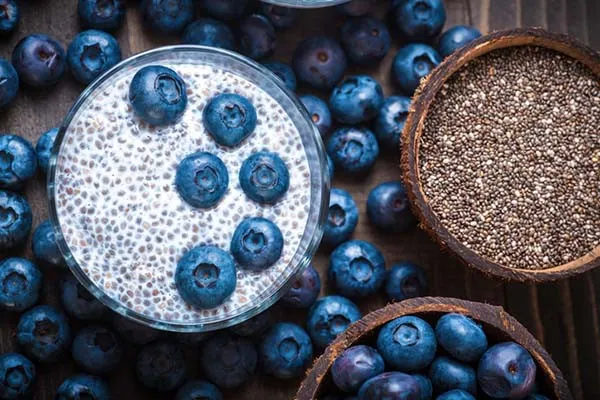
2. People with Diabetes or on Blood Sugar Medications
Chia seeds are often recommended for diabetes management due to their low glycemic index and high fiber content, which slow sugar absorption and help stabilize blood glucose levels. A 2024 study in Diabetes Care found that chia seed supplementation improved postprandial blood sugar control in individuals with type 2 diabetes. However, for those on blood sugar-lowering medications like insulin, excessive chia consumption could lead to hypoglycemia, a condition characterized by dangerously low blood sugar levels. This risk is particularly relevant for individuals who consume large amounts without adjusting their medication dosage.
Recommendations: “Monitor your blood sugar closely when adding chia seeds to your diet, especially if you’re on diabetes medications,” says Kaul. Limit intake to 1–2 tablespoons daily, and consult your healthcare provider to ensure chia seeds complement your treatment plan. Soaking seeds and pairing them with balanced meals can further minimize blood sugar fluctuations.
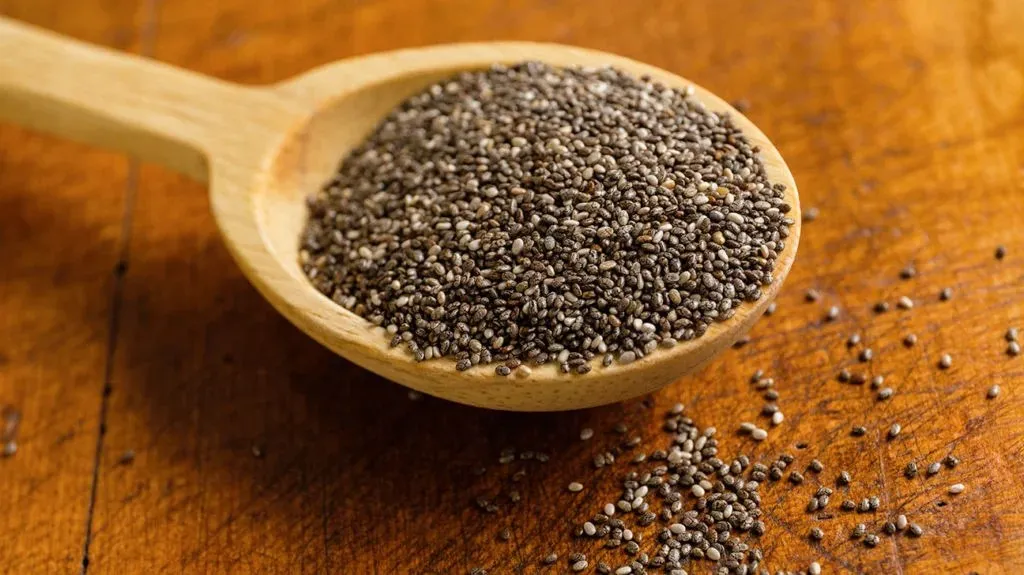
3. Individuals on Blood Pressure Medications
Chia seeds are a rich source of alpha-linolenic acid (ALA), a type of omega-3 fatty acid known for its blood-thinning and blood pressure-lowering effects. A 2025 meta-analysis in Nutrition Reviews found that chia seed supplementation significantly reduced systolic blood pressure in some individuals. While this is beneficial for heart health, it can pose risks for those taking blood pressure medications, as excessive chia consumption may amplify the effects, leading to hypotension (low blood pressure). Symptoms of hypotension include dizziness, fainting, and fatigue, which can be dangerous, especially for older adults.
Recommendations: Kaul suggests, “If you’re on blood pressure medications, introduce chia seeds gradually and monitor your blood pressure regularly.” Stick to a moderate serving size (1–2 tablespoons daily), and consult your doctor to avoid interactions with medications like antihypertensives. Spacing out chia consumption from medication intake by a few hours can also reduce risks.
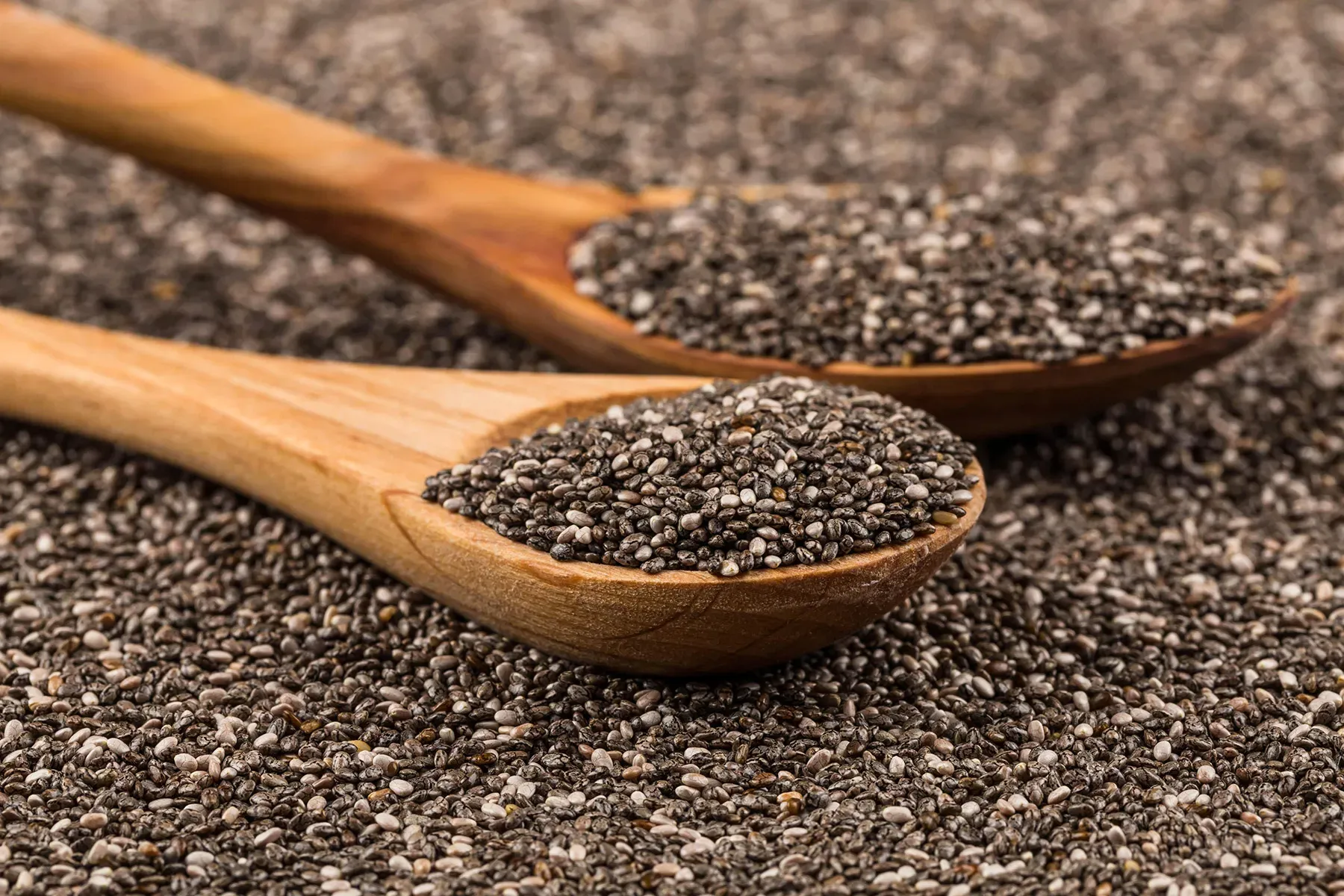
4. People Prone to Allergies
Although rare, allergic reactions to chia seeds have been documented, with symptoms ranging from mild skin irritation to severe anaphylaxis. A 2025 Verywell Health report notes that individuals with allergies to seeds like sesame or mustard may be at higher risk due to cross-reactivity. Symptoms can include rashes, itching, nausea, vomiting, or difficulty breathing. First-time users or those with a history of seed allergies should be particularly cautious when trying chia seeds.
Recommendations: “Start with a small amount, such as half a teaspoon, and observe for any adverse reactions over 24 hours,” advises Kaul. If you experience symptoms like itching or swelling, discontinue use and seek medical attention immediately. Those with known seed allergies should consult an allergist before incorporating chia seeds into their diet.
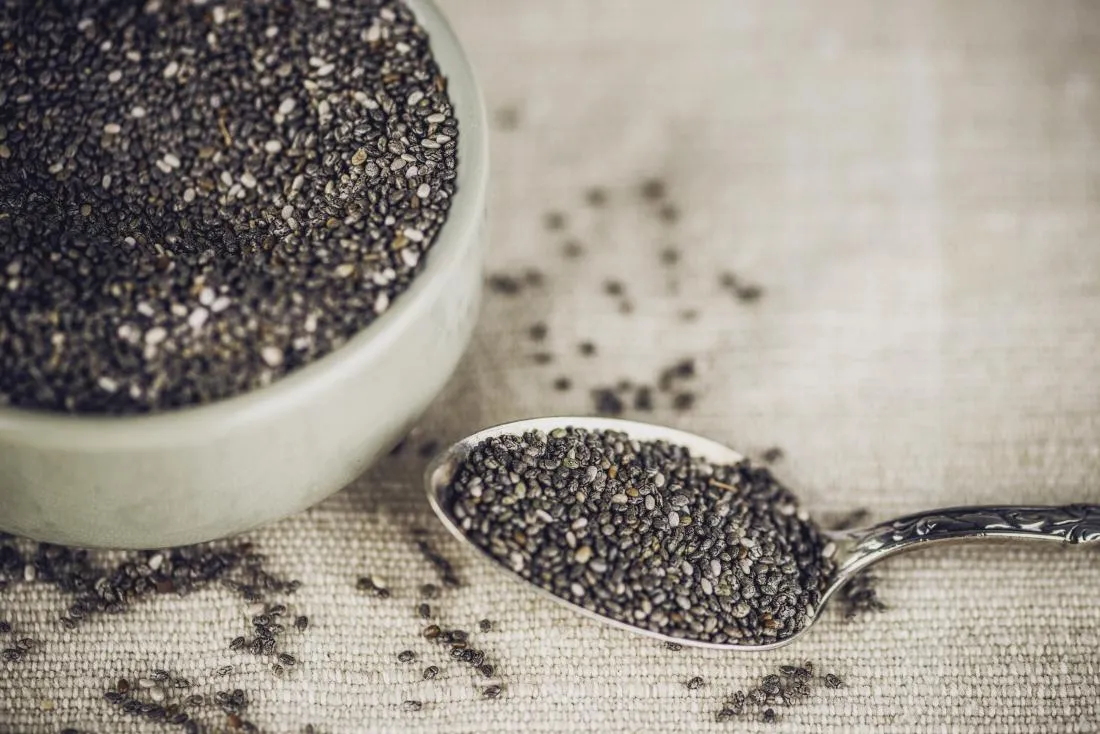
How to Safely Incorporate Chia Seeds into Your Diet
For those who don’t fall into the above categories, chia seeds can be a nutritious addition to a balanced diet when consumed thoughtfully. Their versatility allows them to be added to smoothies, yogurt, oatmeal, or even used as an egg substitute in baking. To maximize benefits and minimize risks, follow these expert-backed tips:
- Practice Moderation: Stick to 1–2 tablespoons daily to avoid digestive or blood sugar issues.
- Soak Before Eating: Soaking chia seeds in water, milk, or juice for 10–15 minutes enhances digestibility and reduces the risk of choking or discomfort.
- Stay Hydrated: Chia seeds absorb up to 10 times their weight in water, so drink plenty of fluids to prevent dehydration or constipation.
- Consult a Professional: If you have underlying health conditions, are pregnant, or are breastfeeding, seek guidance from a healthcare provider, as recommended by the NIH Office of Dietary Supplements.
Incorporating chia seeds into your diet can be as simple as sprinkling them on salads or blending them into smoothies. For example, a chia pudding made with soaked seeds, almond milk, and fresh fruit is a popular breakfast choice in 2025, as seen in X posts under #HealthyEating. By following these guidelines, most people can enjoy the benefits of chia seeds while minimizing potential risks.
Comment / Reply From
No comments yet. Be the first to comment!






